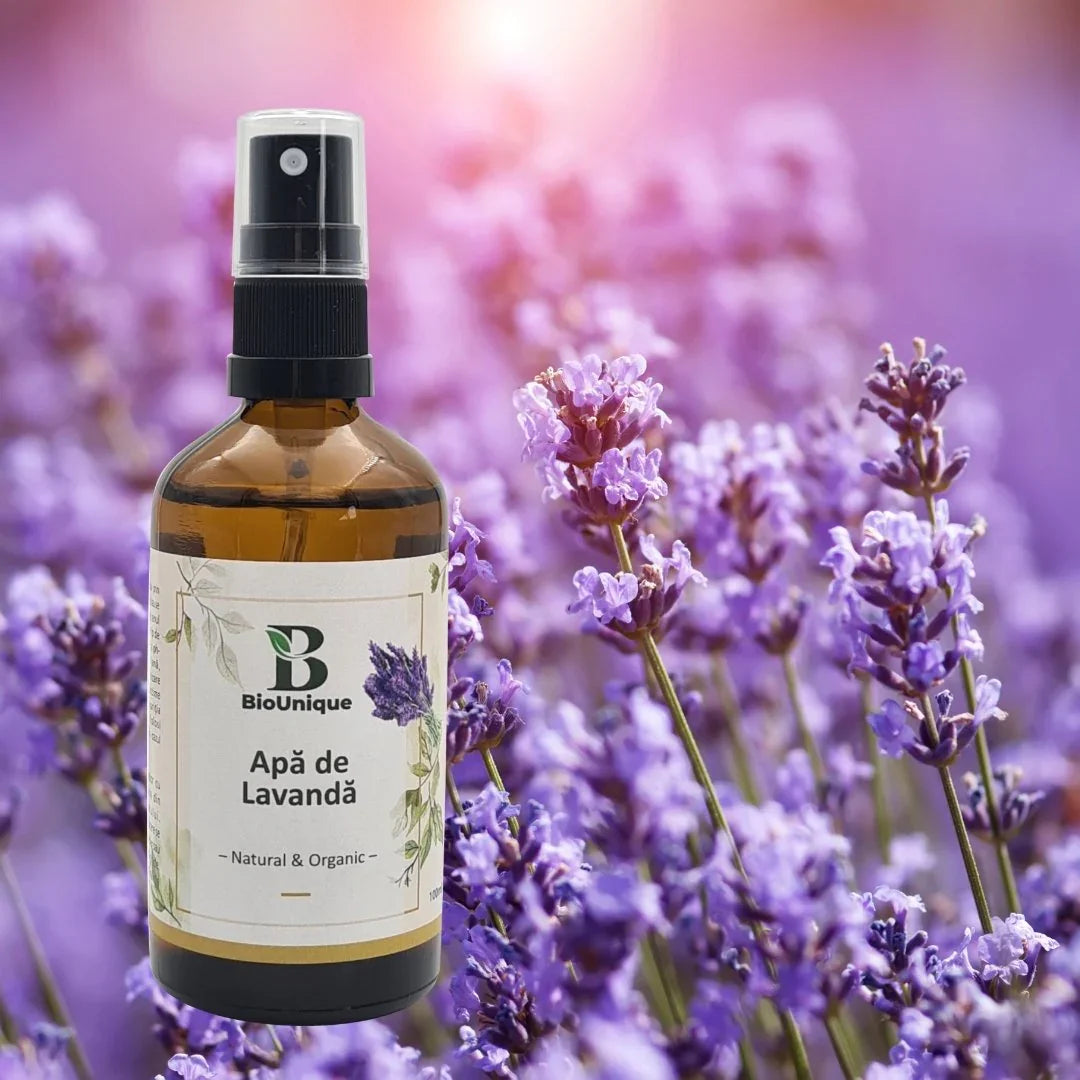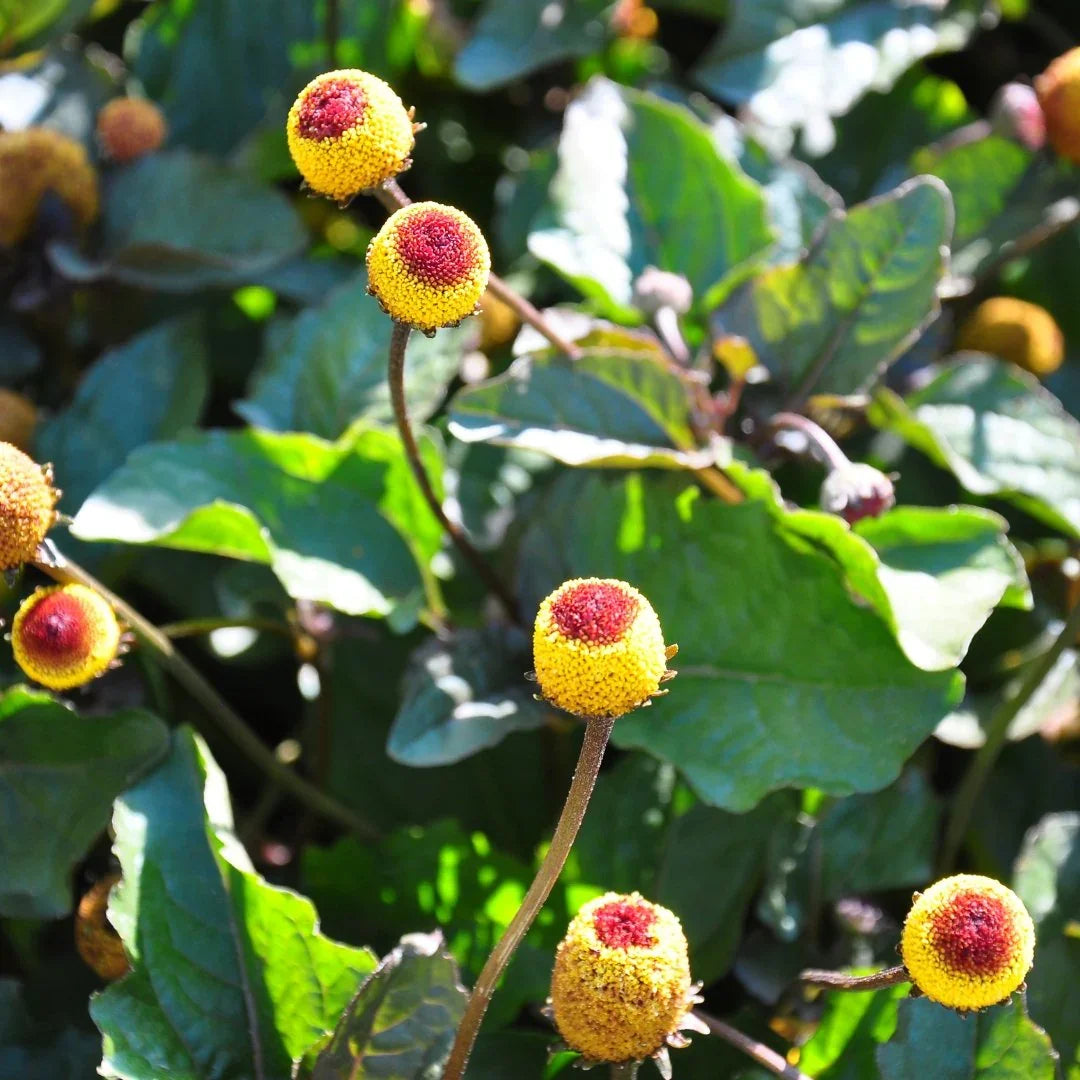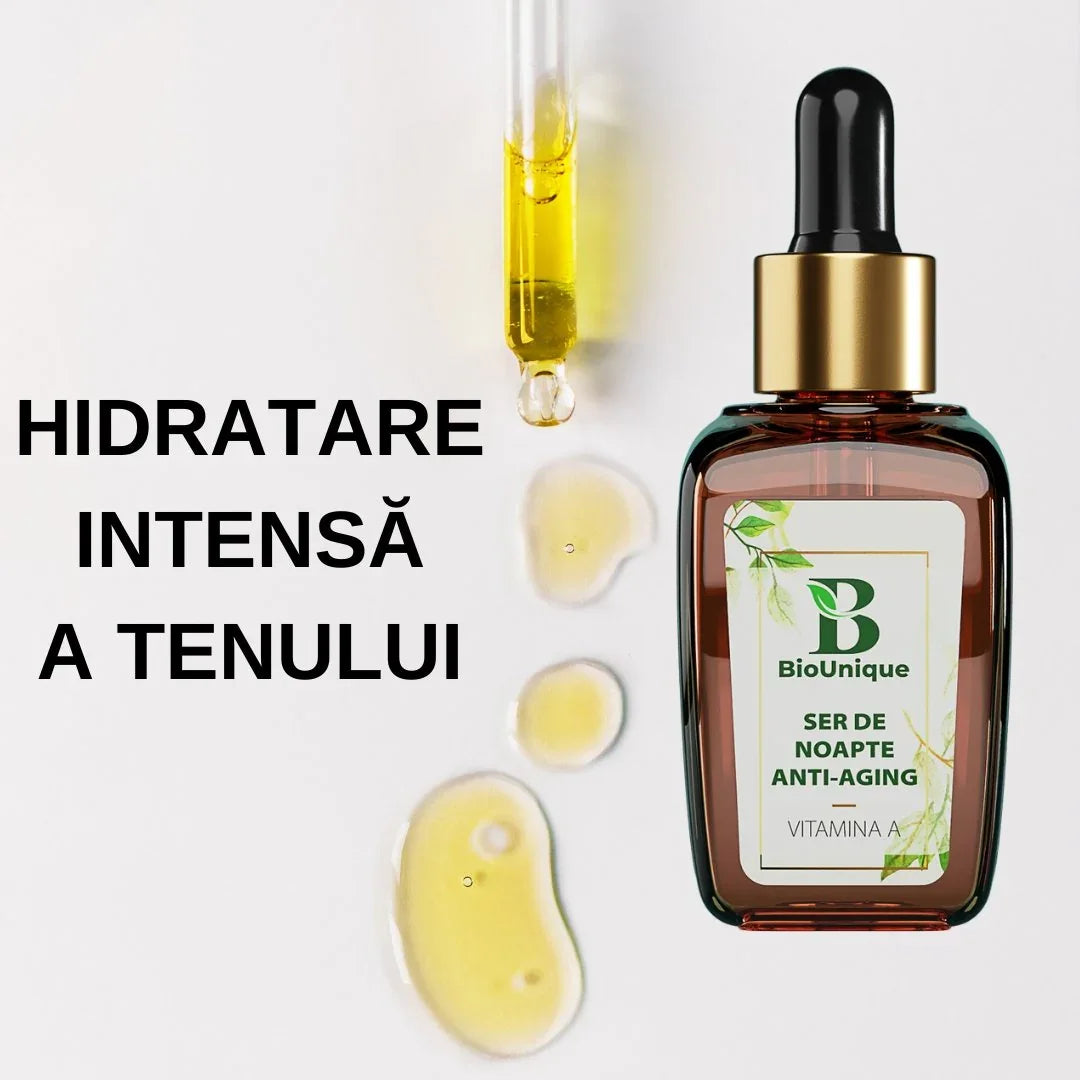
Freshness for your skin
A smooth, glowing complexion that has never seen a pimple in its life could be anyone's goal, but it doesn't necessarily equate to healthy skin.
Your skin is the largest organ in your body, and like any other organ, its health starts from the inside. With constant collagen production and a regular rate of cell turnover, healthy skin should feel comfortable and hydrated. It's not about being poreless and flawless. It's about having a skin that works as designed.
The layers of the skin and what affects it
The only layer of skin you can actually see is the epidermis, the one on top. Its job is to serve as a barrier against the outside world, preventing bacteria and foreign substances from entering the body. But despite having such a critical job, it also happens to be the thinnest layer of skin and therefore the most vulnerable to environmental factors like the sun.
To stay healthy, the epidermis relies on the layer below it – the dermis – for hydration. This is where the blood vessels, hair follicles, oil and sweat glands and nerves live, all bound together by collagen and elastin to give the skin flexibility and strength.
Sometimes that thin top layer of the epidermis struggles to retain moisture, so it ends up irritated, flaky and dry. In this case the skin can start an exaggerated oil production. Too much oil can clog follicles, causing breakouts that push their way up to the epidermis.
Then, at the deepest level of your skin, is the hypodermis, where your body stores fat to keep you warm and protect your body from injury. When this area loses volume so does your skin, leaving it less plump and more prone to damage.
On average, new cells are created every 27 days to replace existing ones. This minimizes the build-up of acne-causing dirt and bacteria, as well as gradually healing the inflammation and pigmentation left behind by any blemishes that once existed on your skin.
How to keep skin healthy?
So with all of this in mind, what makes for healthy skin? Even though sometimes it seems like mother nature has other plans for your skin, with the right precautions it is possible to protect it from the wear and tear of everyday life.
Skin care is usually the first port of call for any skin problem, but the amount of advice in the world is overwhelming and it can be tempting to try it all at once. Different product combinations work well for some skin types, but make others worse. However, a few simple practices make up the most effective routines.
Instead of overloading your skin with too many ingredients, too soon, choose to use the basics. The basics of any skincare routine should be a cleanser, moisturizer and sunscreen. Once you've found the right combination for you, you can gradually introduce other products based on your skin's needs, making it easier to spot anything that might be irritating. Lavender water can be an effective soothing solution for any skin type. Lavender is known for its soothing and restorative properties, so using products that contain it could be extremely beneficial for your skin care without worrying about unwanted side effects.
Introduce exfoliants slowly – physical exfoliants will remove dead skin cells, but can be too harsh for some people and lead to redness or swelling. Chemical exfoliants can penetrate further for deeper exfoliation, keeping skin fresh and glowing. Just make sure you slowly introduce them into your routine. Too much too quickly can cause inflammation and damage the skin barrier.
A big help in keeping your skin healthy could be using an antioxidant that helps increase cell renewal, stimulate collagen, reverse the effects of sun damage, and regulate the amount of oil your skin produces.



Leave a comment
This site is protected by hCaptcha and the hCaptcha Privacy Policy and Terms of Service apply.